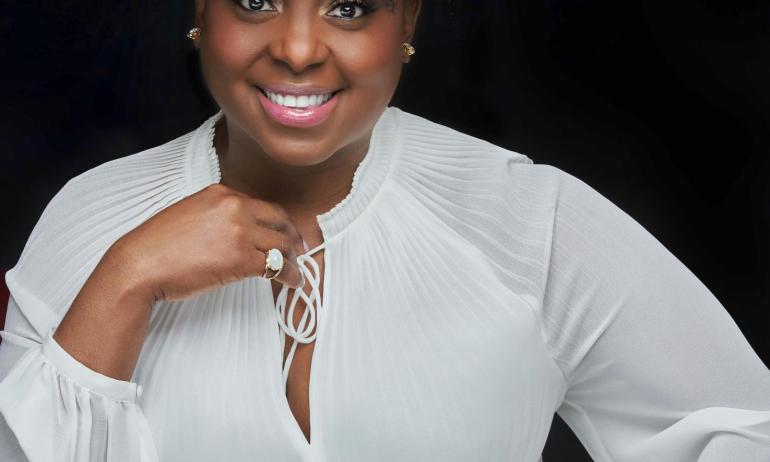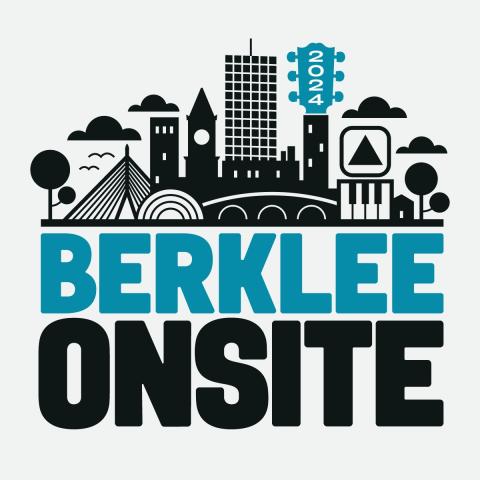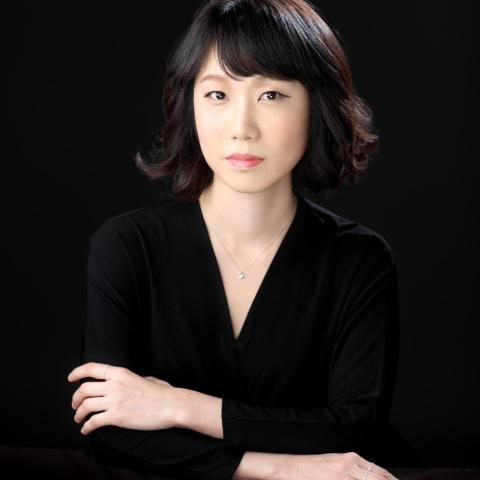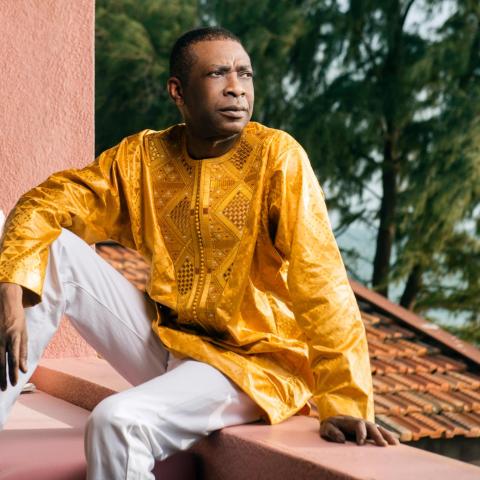Reconnecting with Your Instrument

Image by Konstantin Kern
Think back to the first time you heard a concert or song and were hooked emotionally. Right then and there you said, “That’s what I want to do!” But somehow it didn’t work out that way.
The fact is that just as many musicians become lost studying and playing music as become found. Certainly, few become liberated, and liberation is the birthright of every person who picks up an instrument.
Too often music becomes the vanity mirror we constantly gaze into. The myopic focus on “How do I sound? How do I sound now? Am I playing great?” is not the reward we had in mind when we first started playing. In fact, many musicians lose their way by going to music school and dealing with the pressure, opinions, and concepts of authority figures; by comparing themselves to others; and, most damaging, by valuing their lives based on their level of performance.
Many of us get to a point where we distrust our own instincts, and we contract an affliction I call MSD: Music School Disease. It goes like this: a musician has been so bombarded with critiques that if they play something that flows nicely and easily, and feels natural, their first thought is “This must be the wrong shit!”
After graduating, some find it best to just lay down their instrument. I’ve met many former musicians who have achieved tremendous success in other businesses but still walk around judging themselves on unrealized dreams of playing music. How many of you, our alumni, left Berklee, changed careers, and now look back longingly at your instruments for a connection you once had and cherished? If this sounds all too familiar, I hear you. I wrote the book Effortless Mastery for you.
The book had been waiting to be written but needed a vessel. I became that vessel. My writing came at the end of a process of noticing the mental, physical, and emotional blocks that made learning and playing music needlessly difficult and dramatic. I found a basic tendency of human nature: When we try to play better, we play worse. When we relax and forgive ourselves, we play better.
Published in 1996, Effortless Mastery has traveled all over the world helping the people who needed it at that very moment. After years of going to schools and lecturing on the approach I developed, I was ready to embrace the work of helping other musicians realize their aspirations. This led to the development of the Effortless Mastery Institute (EMI) at Berklee. The techniques we teach can help musicians at any stage of their career, whether they are students or alumni who long to reconnect with their instruments.
The goal of effortless mastery is total focus in practicing and complete liberation and enjoyment in performance. To enjoy your instrument without consequences. To stop quantifying your worthiness to play music and let the music serve you!
The Four Steps
There are four steps in the process of achieving effortless mastery.
-
Touching your instrument without thought—from the Space, which I describe in the book.
-
Moving around the instrument without thought or judgment.
-
Playing what you already know without self-judgment.
-
Studying from the Space, in the moment, without the pressure of the goal. Just the pure enjoyment of practicing.
Effortless mastery is touching the instrument without desire, without attachment, without thought. It allows the musician to become one with their instrument and one with the music. It also allows one to reconnect with the instrument, even if one thought that impossible.
Over the last five years, effortless mastery blossomed in ways I could have never predicted, and it has become relevant to issues such as depression, anxiety, and the way we treat each other and ourselves. It enhances vitality in the practitioner and brings the possibilities and promise of music back into their lives.
The institute is expanding by leaps and bounds. It features courses complementary to mine that achieve the same goals through different pathways. We have Alexander Technique, Yoga for Musicians, Tai Chi, Qi Gong, and Body Mapping.
To those of you, our alumni, who have read Effortless Mastery and are reading this article, we at EMI would love to hear from you, especially if the book has made a difference in your life. We hope to present workshops and retreats on how to revitalize your enthusiasm for your instrument or your composing—maybe even your life. We hope to be able to invite you back to reconnect with your instrument and enjoy what originally attracted you to playing music. But let’s start by making the connection as there are many ways of interacting with us as ambassadors, supporting, and spreading the word about EMI.
Kenny Werner is the artistic director of the Effortless Mastery Institute. You can reach him at kwerner@berklee.edu. Email emi@berklee.edu for more information.




